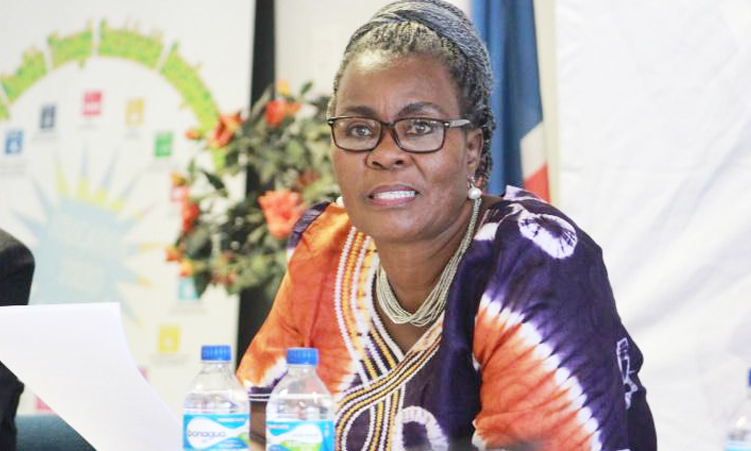Education Minister Anna Nghipondoka was spot-on in urging parents to demand accountability from their children’s schools.
“Get involved in your child’s education and make sure quality education takes place with your contribution,” The Namibian has reported Nghipondoka telling a Cabinet briefing.
“As a parent, you must demand to know how much the school has received from the government, what the school did with the money,” she has said.
So far, so good.
Then Nghipondoka added “… and why you must contribute”, referring to a warped government policy that claims school leadership at state-funded schools has no right to demand that parents pay towards their children’s education.
The politicians insist that ‘contributions’ by parents should only be made on a ‘voluntary’ basis.
If Namibia was a well-governed and rich country, the stance on a voluntary contribution to the administrative and infrastructure needs of schools would have been well covered by taxpayer funds.
It is clear politicians and bureaucrats have fallen for the self-deceptive notion that Namibia “has all the money” (to appropriate a phrase used by Swapo secretary general Sophia Shaningwa).
Worse, Nghipondoka and fellow politicians apparently don’t see the contradiction in calling on parents to demand accountability from schools, yet misleadingly tell the same parents to make only voluntary contributions.
“Do [contribute] what you can to assist, but only if accountability is given,” Nghipondoka said, while claiming that schools receive enough money and government support for everything they need. This is clearly not the case!
Politicians seem not to appreciate that parents must have ‘skin in the game’ to have the passion to demand accountability.
What better way to interest parents deeply in their children’s education than demand that they contribute.
Contributions should not be viewed only in monetary terms, for that matter.
Besides, how does Nghipondoka expect parents to demand financial accountability when the majority barely understand the bureaucratic administrative measures in place, let alone financial management?
What systems do government schools have to ensure that parents regularly check their children’s homework?
If parents don’t meet with teachers to discuss their children’s progress, what resources and skills would they have to demand and examine school management accounts?
A former teacher, Nghipondoka must first foster an environment conducive to parents getting involved in what the schools are doing.
Telling parents to contribute to schools’ material needs only if they want to is the worst starting point.
Nghipondoka has surely not forgotten that the government struggles to provide sufficient funding for textbooks, infrastructure, maintenance, not to mention sport and other extra-curricular activities which are crucial to producing well-rounded pupils.
Children are still being taught under trees, in tents or in zinc classrooms at some government-funded schools.
The minister’s claim that N$190 million (out of a N$16-billion annual budget) distributed among more than 1 700 schools is sufficient to cater for their running needs would be laughable if it was not such a serious matter, given Namibia’s future is at stake.
The proliferation of private schools in a country where unemployment is increasing must be an indication that parents are so desperate they would rather pay and monitor their children than leave them in the hands of state schools, even though several private schools are fly-by-night endeavours.
We urge the government to reverse its policy of ‘voluntary’ contributions towards demanding parental involvement.
It can be done while still accommodating parents who genuinely do not have the financial means to afford school fees.
Stay informed with The Namibian – your source for credible journalism. Get in-depth reporting and opinions for
only N$85 a month. Invest in journalism, invest in democracy –
Subscribe Now!






